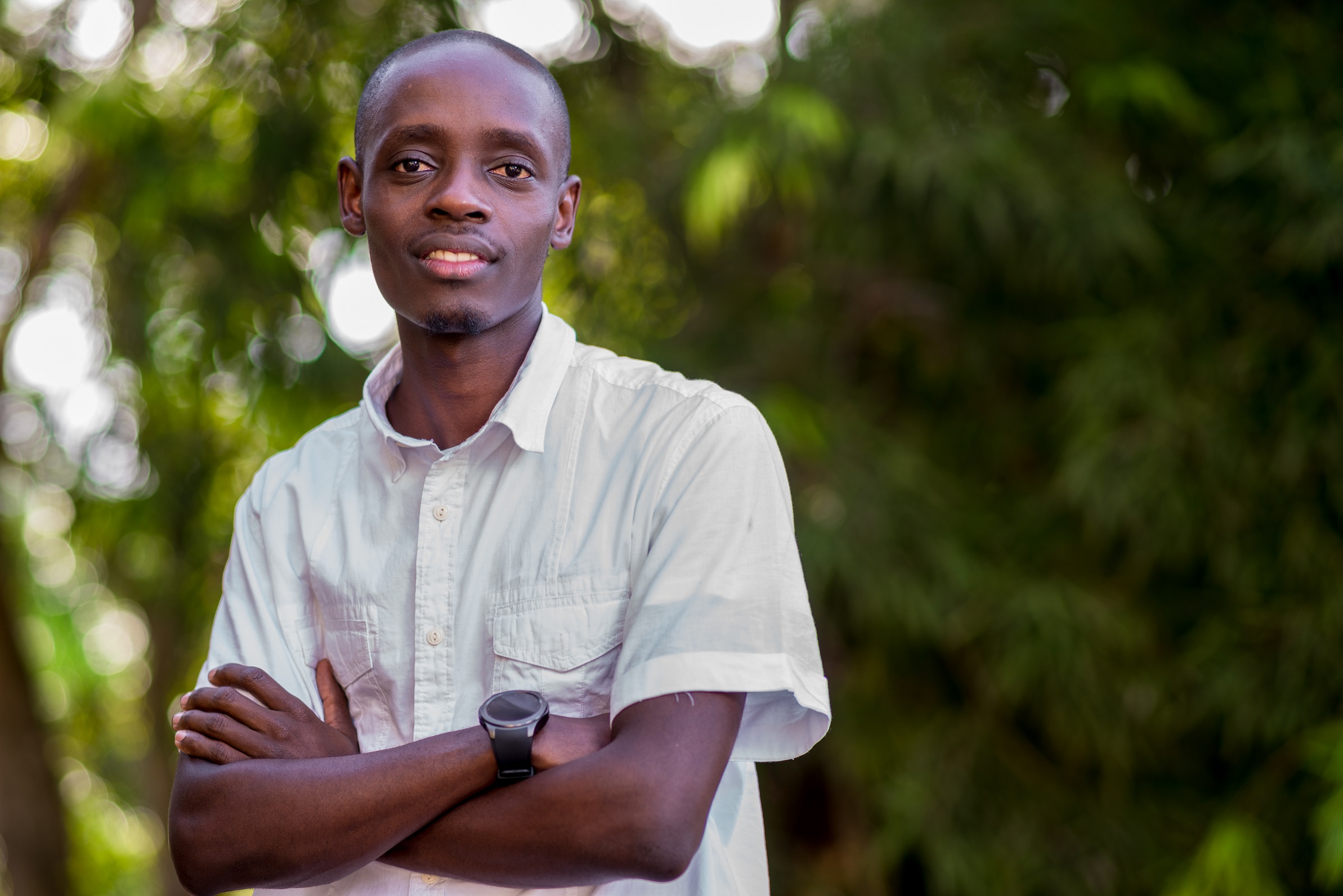Andrew Kamukama is a trailblazer in his profession. He has become the first Ugandan to be accepted as a member of the Chartered Institute of Architectural Technologists (CIAT). CIAT is a respected international professional body that recognises and regulates architectural technologists in UK, a similar role provided by the RIBA for UK architects.
Andrew works for FBW Group, a growing multi-disciplinary planning, design architecture and engineering group delivering high value construction and development projects across East Africa.
He received his MCIAT based on the experience he has gained in FBW’s Ugandan operations. It is being seen as a breakthrough moment.
This is the first time that CIAT has recognised professional experience gained in Africa to meet its selection criteria, making him the first African to be recognised in this way.
Architectural technologists can play an important part in development and building projects. Their job is to provide technical building design services and solutions.
In the process of bridging the gap between architects and engineers, the role of an architectural technologist is to ensure that after a building has been designed, it can actually do what it promises it will do.
Andrew’s combined love of numbers and architecture led him down his particular career path.
He would like to see more people following him. He says: “There is a shortage of architectural technologists in Africa.
“There is the South African Institute of Architectural Technologists NPC (SAIAT). Kenya has also recently started offering a diploma course in architectural technology, but that does not scratch the surface of the need there is for people in the profession here.”
Paul Moores, Managing Director FBW Group, says Andrew’s role is an important one for the practice as it looks to broaden its offering to clients and expand its horizons.
He says: “There was no hesitation in hiring Andrew once we interviewed him.
“He was the first architectural technologist that ever approached us for a job, and we were impressed with his qualifications acquired from the University of Westminster.
“It was certainly a bonus for us to have him as a part of our team, because that broadened the range of services we could offer our clients.”
FBW may have seen the positives of hiring Andrew and the skills he has brought them, but Andrew says other architectural operations in the region are still to grasp what the role can offer.
Skilled people able to carry out the role are few and far between, Paul explains. He adds: “At one point, we realised that we needed extra hands to help Andrew out in his work with us.
“We sent out communications in Ugandan media looking for a qualified architectural technologist, and asked Andrew to do a search in universities in Uganda, as well as to look at any Ugandans with qualifications from aboard. We failed to find anyone.”
Paul and Andrew both believe that having more architectural technologists qualified in Uganda will improve the quality of architecture in the country in the long run.
Andrew says: “It will allow us to have more complicated designs and take us away from building the usual box, four walled structures.”
FBW has taken an active role in training and developing talent. It runs a successful graduate programme and an in-house Continued Professional Development (CPD) programme to enhance the skills of its team.
With a philosophy based on commitment to training and knowledge transfer, the company has been successful at bringing in international senior staff to pass on knowledge and skills.
As the company has grown, this has led to a reduction in expatriate staff and increased responsibilities of local staff at management level with great success.
FBW also has developed partnerships with local firms, consistently improving standards of construction and building safety.
Paul adds: “The FBW team views the Transfer of Knowledge and Capacity building as an integral part of its development on major projects.”
The group also has a 100 per cent pass rate in its internal training programme for architects and engineers and technologists in East Africa.
Now the hope is that more Africans will follow him, with qualified architectural technologists playing their part in raising construction and design standards across the continent.
Adopted from http://africanism.net/africas-first-mciat-on-how-the-continent-could-gain-from-more-architectural-technologists/

